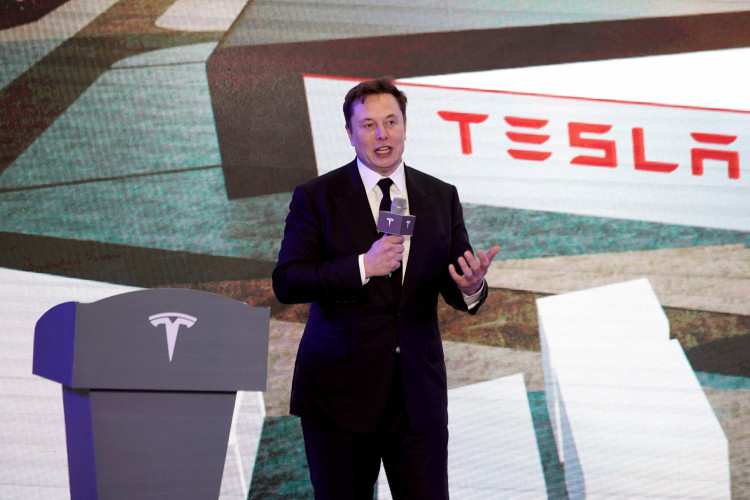Tesla's shares rose by 5% on Tuesday, following a significant meeting between CEO Elon Musk and Qin Gang, China's Foreign Minister. This jump arrives amidst Beijing's initiative to demonstrate its openness to foreign businesses and Musk's indications of possible expansion plans for Tesla in China.
Qin, who previously served as China's ambassador to the U.S., mentioned the country's tremendous potential for growth and market demand due to its vast population and the vision for "common prosperity." He specifically noted the promising future of China's electric vehicle market and assured Tesla and other foreign firms of China's commitment to a more market-oriented and legally compliant business environment.
Musk commended the Chinese people and their achievements, expressing Tesla's opposition to economic "decoupling" and conveying a willingness to further expand the company's presence in China, according to a statement by the Chinese foreign ministry.
This critical meeting between Musk and Qin unfolds against a backdrop of continuing U.S.-China tensions over technology. Recent actions by Washington include implementing stringent export restrictions on key chips and semiconductor equipment to China, which could potentially disrupt Beijing's aspirations to enhance its domestic tech industry.
Furthermore, Chinese regulators this month prohibited operators of "critical information infrastructure" from purchasing products from U.S. chipmaker Micron. Despite these developments, the Chinese foreign minister maintains that a constructive relationship between the U.S. and China would benefit both nations and the global community.
However, the Tesla CEO's visit occurs as the company grapples with rising competition and price wars in China, compelling the automaker to adjust its car prices in the world's second-largest economy. Despite the challenges, China remains Tesla's second-largest market, and Musk has actively sought to foster positive relations with Beijing over the years.
Currently, Tesla's most extensive car production facility is located in Shanghai, and the company announced plans in April to establish a local plant to manufacture its Megapack energy storage system. Musk's latest visit to China is expected to include meetings with senior Chinese officials and a tour of Tesla's Shanghai facility.
Despite facing heightened competition from Chinese electric vehicle manufacturers and uncertainties regarding the expansion of the Shanghai factory complex, Tesla remains committed to increasing output in Shanghai and broadening its market in the country. This move, combined with Beijing's interest in fostering a friendly business environment, underscores the intertwined relationship between the U.S. and Chinese economies.






